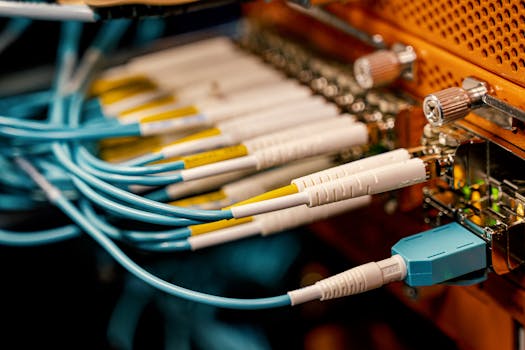
Threads of Change: The Social and Economic Benefits of Fiber Companies in Africa
Fiber companies in Africa
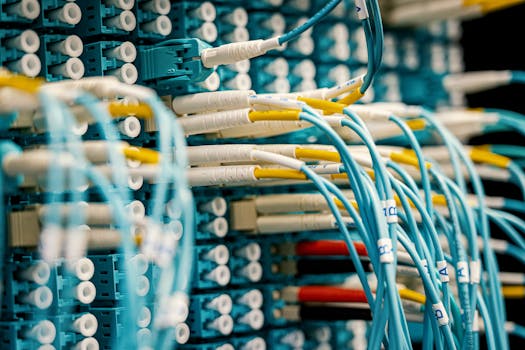
are at the forefront of a technological revolution, driving social and economic change across the continent. With the increasing demand for telecommunications and internet services, fiber companies are playing a vital role in providing access to these essential services, transforming communities and economies in the process. The social benefits of fiber companies in Africa are numerous, with access to telecommunications and internet services enabling communities to connect with each other and the rest of the world. This has led to improved communication, education, and healthcare outcomes, as well as increased economic opportunities. In addition, fiber companies are creating jobs and stimulating economic growth, contributing to the economic benefits of their operations.
The Impact of Fiber Companies on African Economies
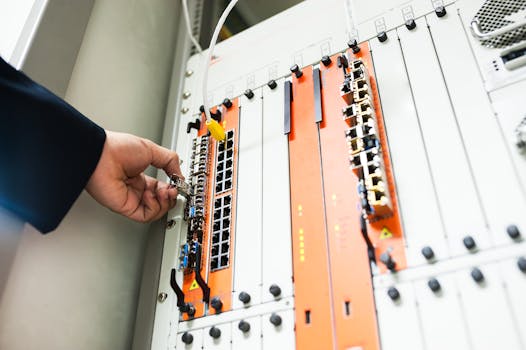
The impact of fiber companies on African economies cannot be overstated. With the increasing demand for telecommunications and internet services, fiber companies are investing heavily in infrastructure development, creating jobs and stimulating economic growth. According to a report by the International Telecommunication Union (ITU), the telecommunications sector in Africa has been growing at a rate of 10% per annum, with the sector contributing around 5% to the continent’s GDP. Furthermore, the report notes that the sector has created over 1 million jobs, both directly and indirectly, and has stimulated economic growth in other sectors such as finance, education, and healthcare.
Case Studies: The Success of Fiber Companies in Africa
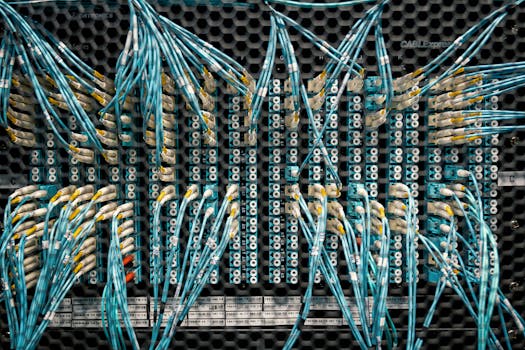
There are several examples of fiber companies in Africa that have achieved significant success and are driving social and economic change. One such example is Seacom, a fiber company that has invested heavily in the development of telecommunications infrastructure in East Africa. Seacom’s fiber optic cable, which runs from South Africa to Egypt, has increased internet speeds and reduced costs, enabling businesses and individuals to access a range of online services. Another example is Liquid Telecom, a fiber company that has built a pan-African network that spans over 70,000 kilometers. Liquid Telecom’s network has enabled businesses and individuals to access a range of telecommunications and internet services, including cloud computing, cybersecurity, and data analytics.
Challenges Facing Fiber Companies in Africa
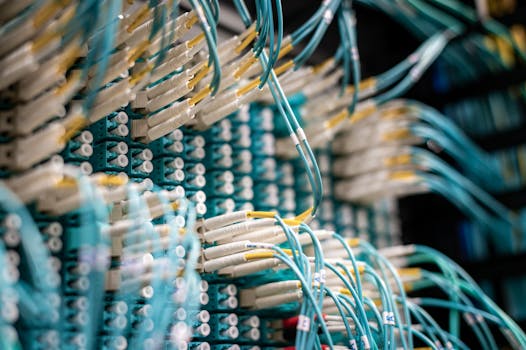
Despite the success of fiber companies in Africa, there are several challenges that need to be addressed. One of the major challenges is the lack of infrastructure development in rural areas, where many communities still lack access to basic telecommunications and internet services. Another challenge is the high cost of internet services, which makes it difficult for many individuals and businesses to access online services. Furthermore, the lack of digital literacy and skills is also a major challenge, with many individuals and businesses lacking the necessary skills to effectively use telecommunications and internet services.
Conclusion

In conclusion, fiber companies in Africa are driving social and economic change, providing access to telecommunications and internet services, and transforming communities and economies in the process. While there are several challenges that need to be addressed, the benefits of fiber companies in Africa are numerous, and their impact on the continent’s economies and societies will be felt for generations to come.
See more:
